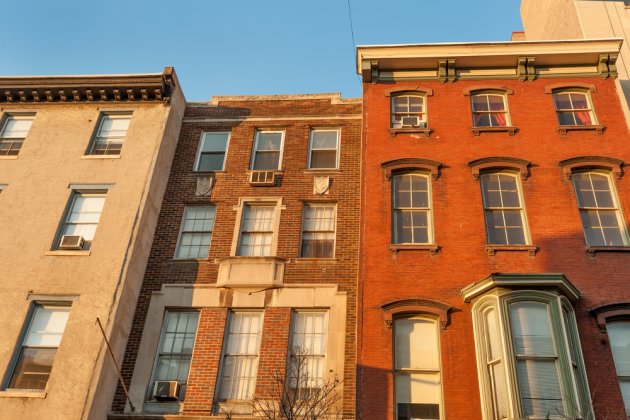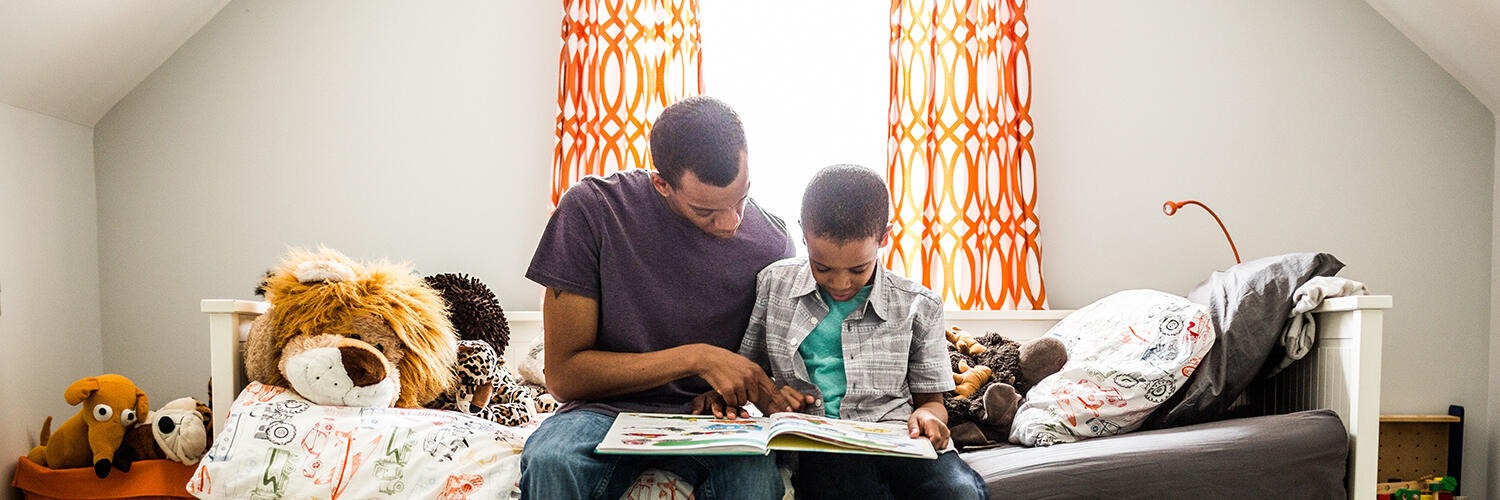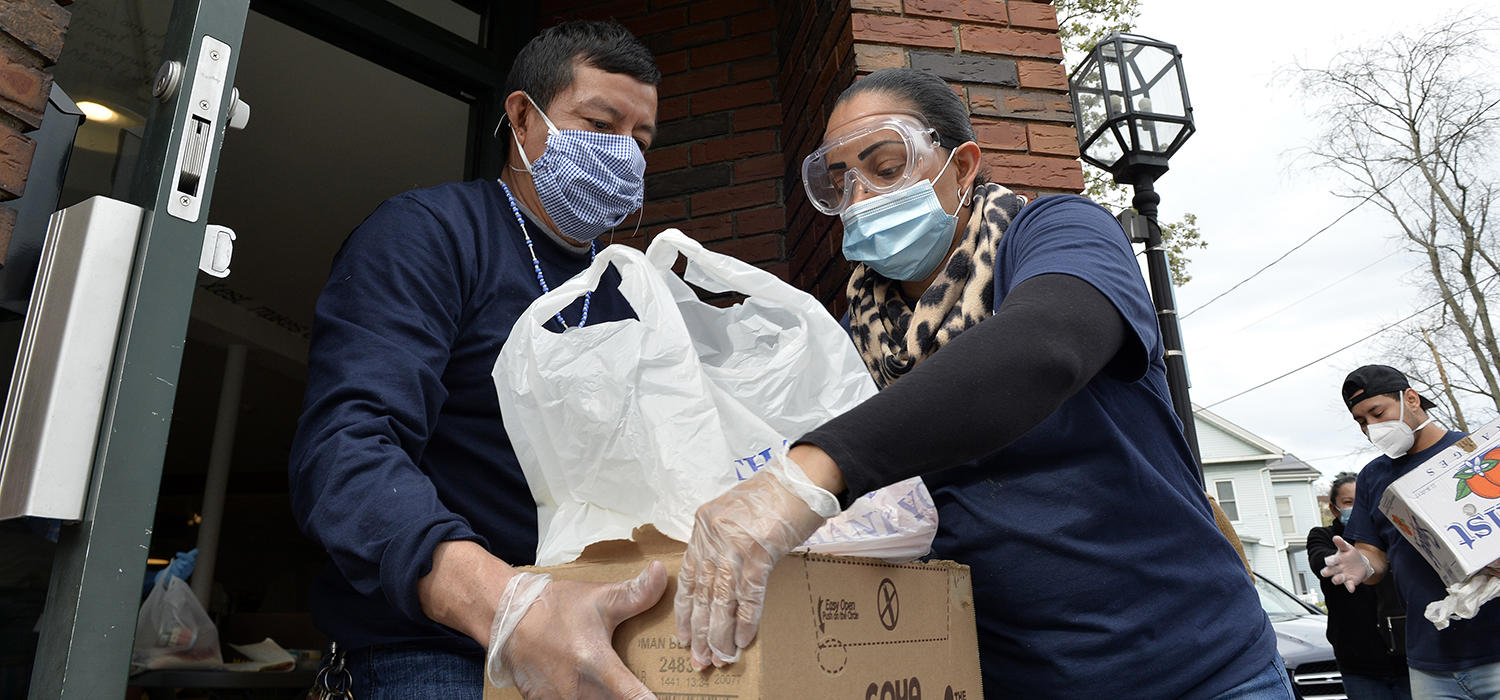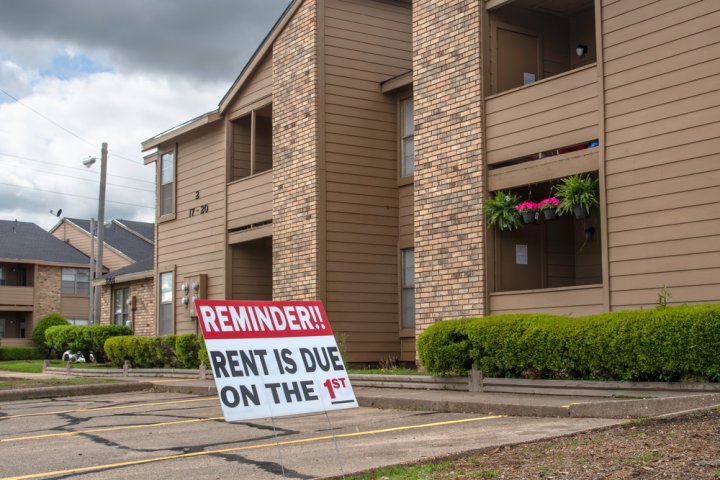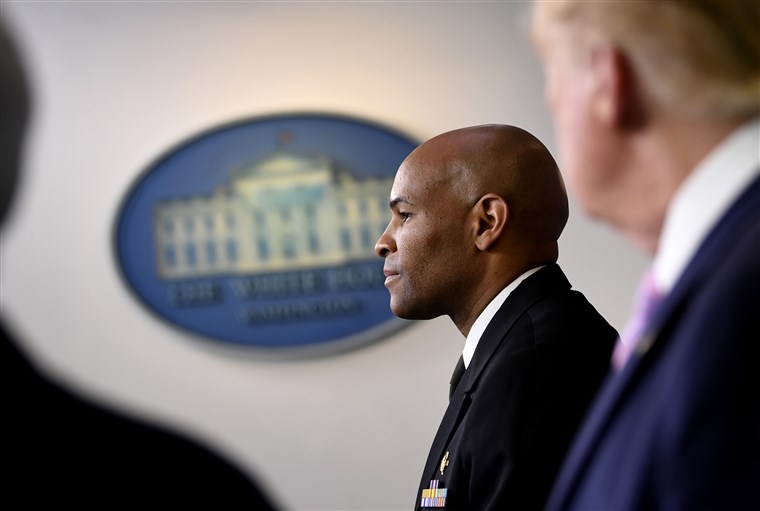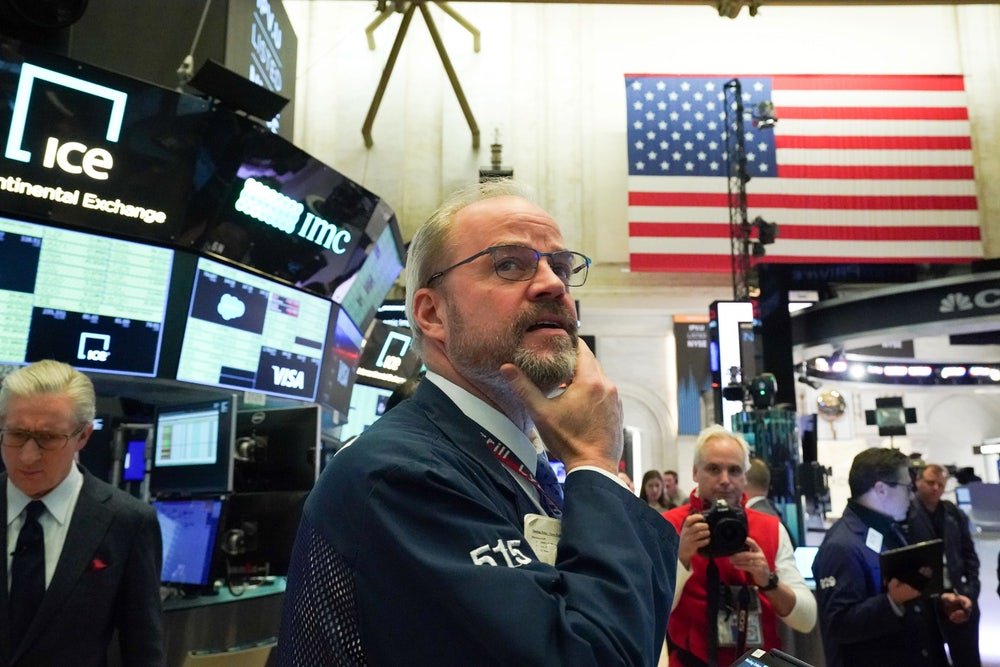Eviction is Not the Answer
By Lee Flannery
Read the full article from Planetizen, here.
“Matthew Desmond, director of the Eviction Lab at Princeton University, understands the devastating impact of eviction during a time when unemployment has reached levels to rival those seen during the Great Depression. Demond’s recent opinion piece describes the real-life consequences of insufficient federal rental aid support and a housing crisis that forces the majority of sub-poverty line tenants to allocate over half of their income to rent.”

